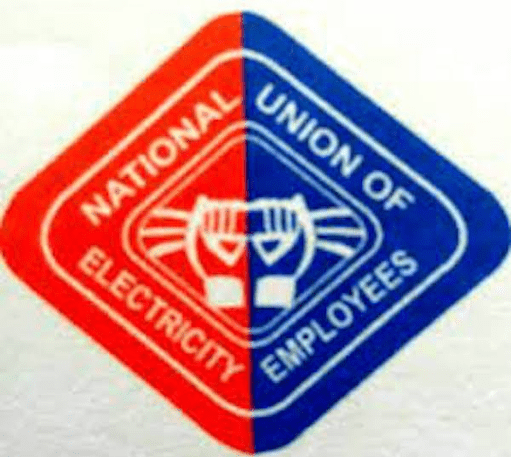The National Union of Electricity Employees (NUEE) has called on the federal government to retract the recent increase in electricity tariffs, warning of adverse effects on consumers and the economy.
The hike, announced by the Nigerian Electricity Regulatory Commission (NERC) on April 3, specifically impacts customers categorized under “Band A,” who receive 20 hours of daily power supply.
Under the revised tariff, Band A customers are now paying N225 per kilowatt-hour, a significant surge from the previous N66 rate. In a letter addressed to the Minister of Power, the NUEE expressed deep concerns over the implications of the tariff hike, emphasizing its potential to inflate the prices of goods and services, particularly for low-income earners.

The union highlighted the detrimental impact of the increase on local industries, warning that it could lead to closures due to decreased patronage amid rising operational costs.
Moreover, NUEE raised alarm over the safety of its members, who face the risk of community backlash during disconnection exercises.
READ ALSO: Electricity Consumers in South-East Nigeria Plan Protest Against Poor Service and Billing Practices
Criticizing the lack of stakeholder consultation prior to the tariff adjustment, the NUEE demanded transparency and accountability in decision-making processes related to the energy sector.
The union underscored the need for policies that prioritize constant and affordable power supply to benefit all Nigerians.
Meanwhile, electricity generation in the country has witnessed a significant decline, dropping to 2,775 megawatts, marking a 32.3% decrease from the previous week.
READ ALSO: HDAN Urges FCT Minister’s Intervention to Address Electricity Crisis
Data from the Nigeria Electricity System Operator (NESO) revealed variations in load allocations among the eleven Distribution Companies (DisCos), with Abuja Disco receiving the highest allocation at 428MW and Yola Disco the lowest at 79MW.
As stakeholders continue to grapple with the challenges in the power sector, the call for a reconsideration of the electricity tariff hike remains a focal point in discussions surrounding energy policy and consumer welfare.



